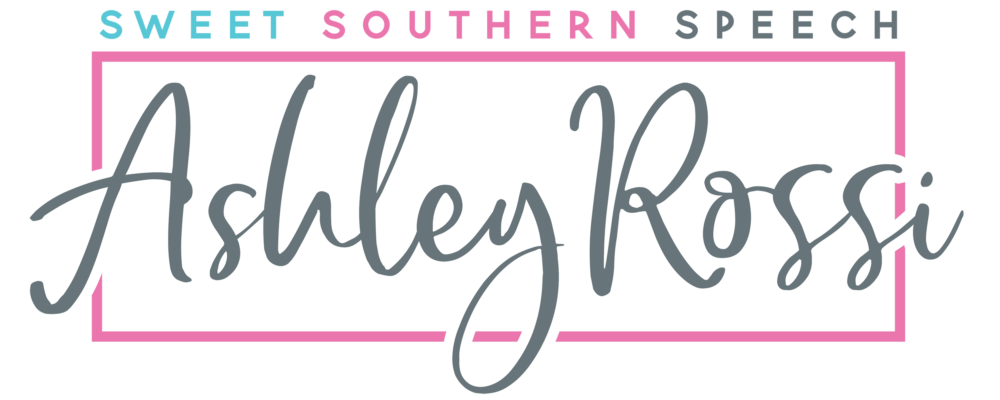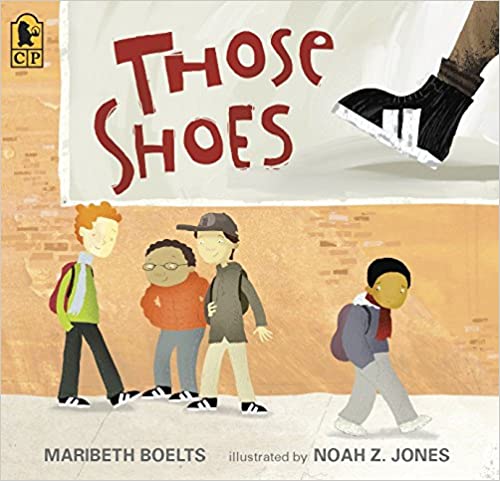All Jeremy wants is a pair of those shoes, the ones everyone at school seems to be wearing. Though Jeremy’s grandma says they don’t have room for “want,” just “need,” when his old shoes fall apart at school, he is more determined than ever to have those shoes, even a thrift-shop pair that are much too small. But sore feet aren’t much fun, and Jeremy soon sees that the things he has — warm boots, a loving grandma, and the chance to help a friend — are worth more than the things he wants.
This thoughtful kindness-themed book can be used in speech therapy to address social/emotional issues like bullying, appreciating what you have, and helping others. It is also great for targeting character growth as well as for /z/ final and /sh/ initial sounds! Discover more of the speech and language teaching concepts for using Those Shoes in speech therapy below:



